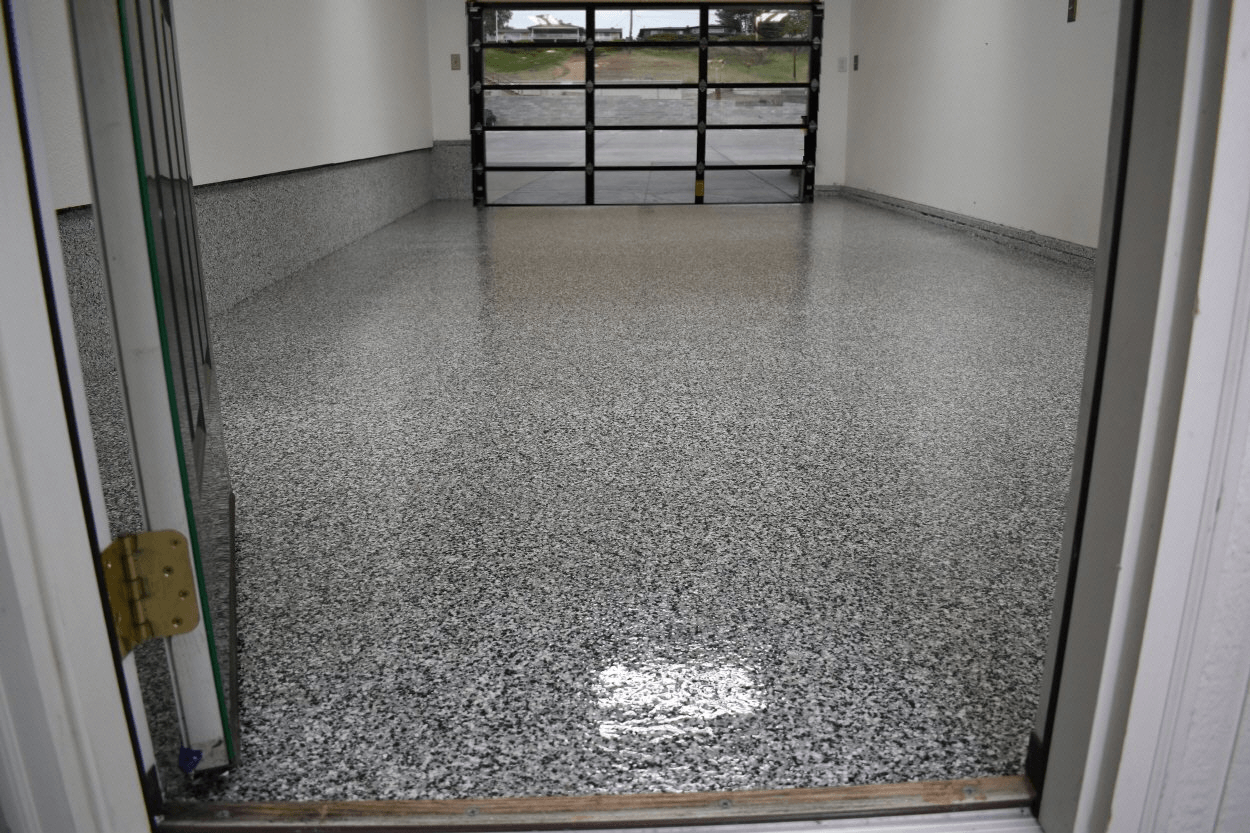Blog
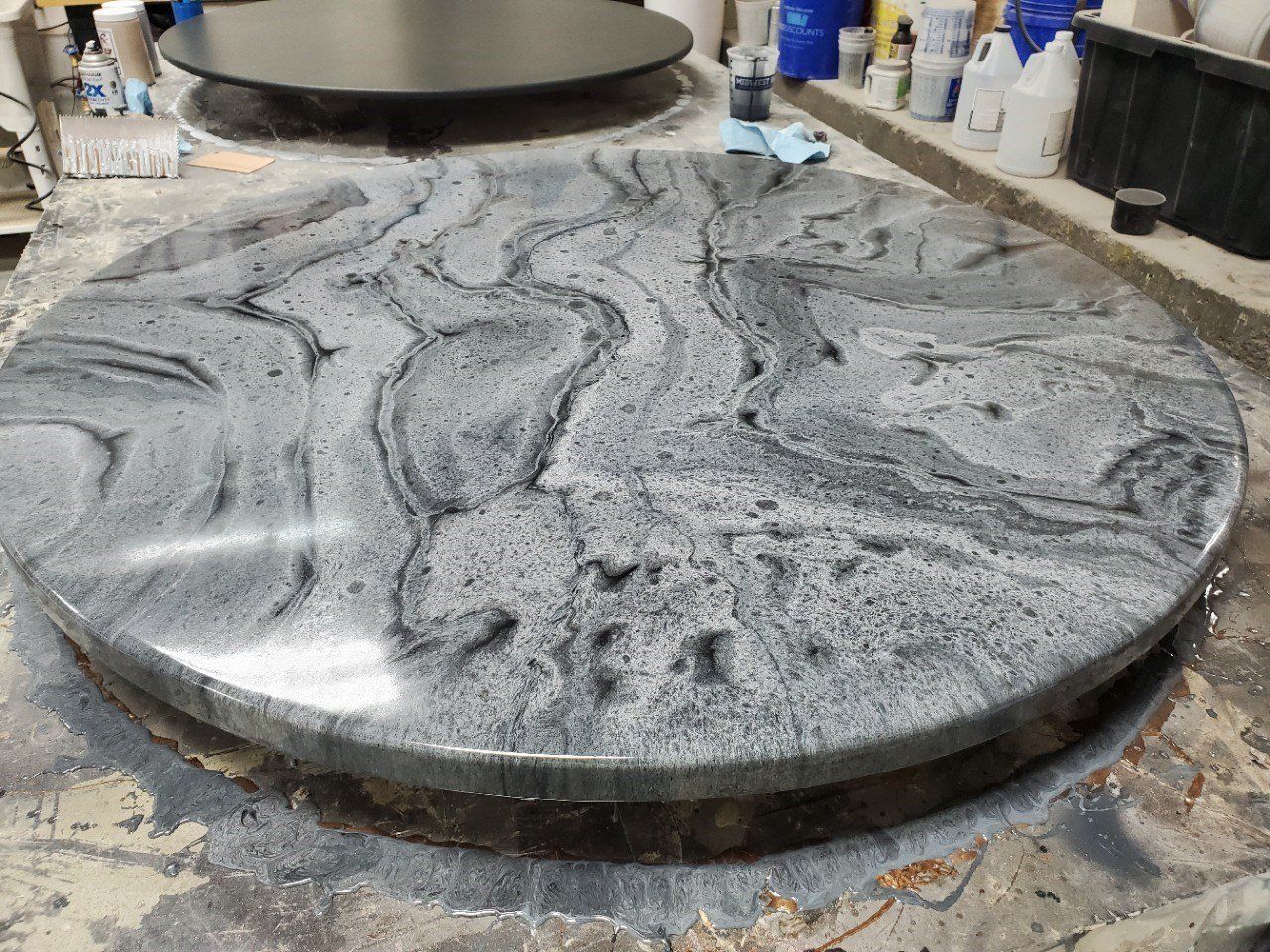
By Knox Concrete
•
March 17, 2022
Are you ready to update your countertops! Countertops seem to be such a popular space. Whether it is the bathroom, outdoor bar or kitchen, it seems to be the place to gather around. We have so many amazing countertop styles to choose from! Call or come in today to upgrade your countertops!

By Knox Concrete
•
March 17, 2022
Let's start a new project! What have you been wanting to replace, upgrade or update in your home or yard. We have the answers for you! From stamped decorative concrete to epoxy countertops and floors, we can make your newest project look amazing! Give us a call or email for your next project! We'd love to help you get it complete. This customer wanted something more than just a wall to hang the TV and fireplace on, so we made an epoxy coated wall. Doesn't that look great!
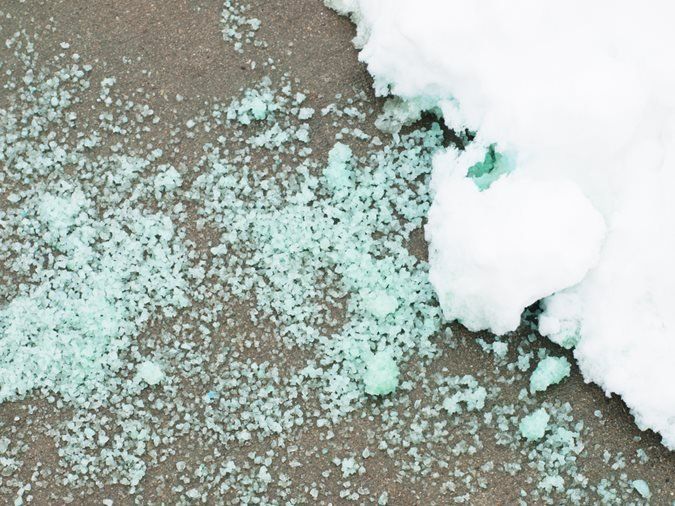
By Knox Concrete
•
March 17, 2022
With cold weather right around the corner, many of your clients will be asking for your advice about the best products to use to melt ice and snow accumulation on their outdoor concrete surfaces. Rock salt (sodium chloride) is often the first deicing agent homeowners turn to because it’s inexpensive and effective. However, it’s very corrosive and can do significant damage to concrete and even pose a threat to pets and plant life. Fortunately, there are many other deicing methods and products that work just as well and won’t ruin your clients’ concrete. Here’s a look at a some of the options. Use Safer Deicing Chemicals Instead of resorting to rock salt, there is a wide array of commercial ice melt products that are less corrosive and safer for the environment, including calcium chloride, magnesium chloride, calcium magnesium acetate, and beet juice salt. Because most deicing chemicals increase freeze-thaw cycling (which can lead to spalling ), they shouldn’t be used on concrete the first winter after it’s placed since it will have less freeze-thaw resistance than mature concrete. Apply an Abrasive Applying an abrasive material, such as sand or natural volcanic granules, to an icy concrete driveway or sidewalk is great for improving traction and making surfaces safer. Although these abrasives won’t actually melt ice or snow, when used in combination with deicing chemicals they will reduce the amount of deicer needed and lessen its negative impact. A textured finish, such as a broom finish , can also help to improve traction. Install a Heated Driveway Before installing a new concrete driveway or sidewalk, consider investing in an in-slab electric or hydronic heating system , which can eliminate the buildup of ice and snow and the need for deicing chemicals. These heating systems are quite expensive to install, but a good low-cost alternative is to lay down snow-melting mats that plug into a standard 120-volt outlet. Seal Against Moisture and Salt In areas with severe winters, it’s wise to seal exterior concrete against moisture and salt intrusion as extra insurance against corrosion and freeze-thaw damage. For maximum protection, use a penetrating sealer designed to limit the intrusion of moisture and chlorides into the pores of the concrete. Learn more about the best sealers for concrete driveways .
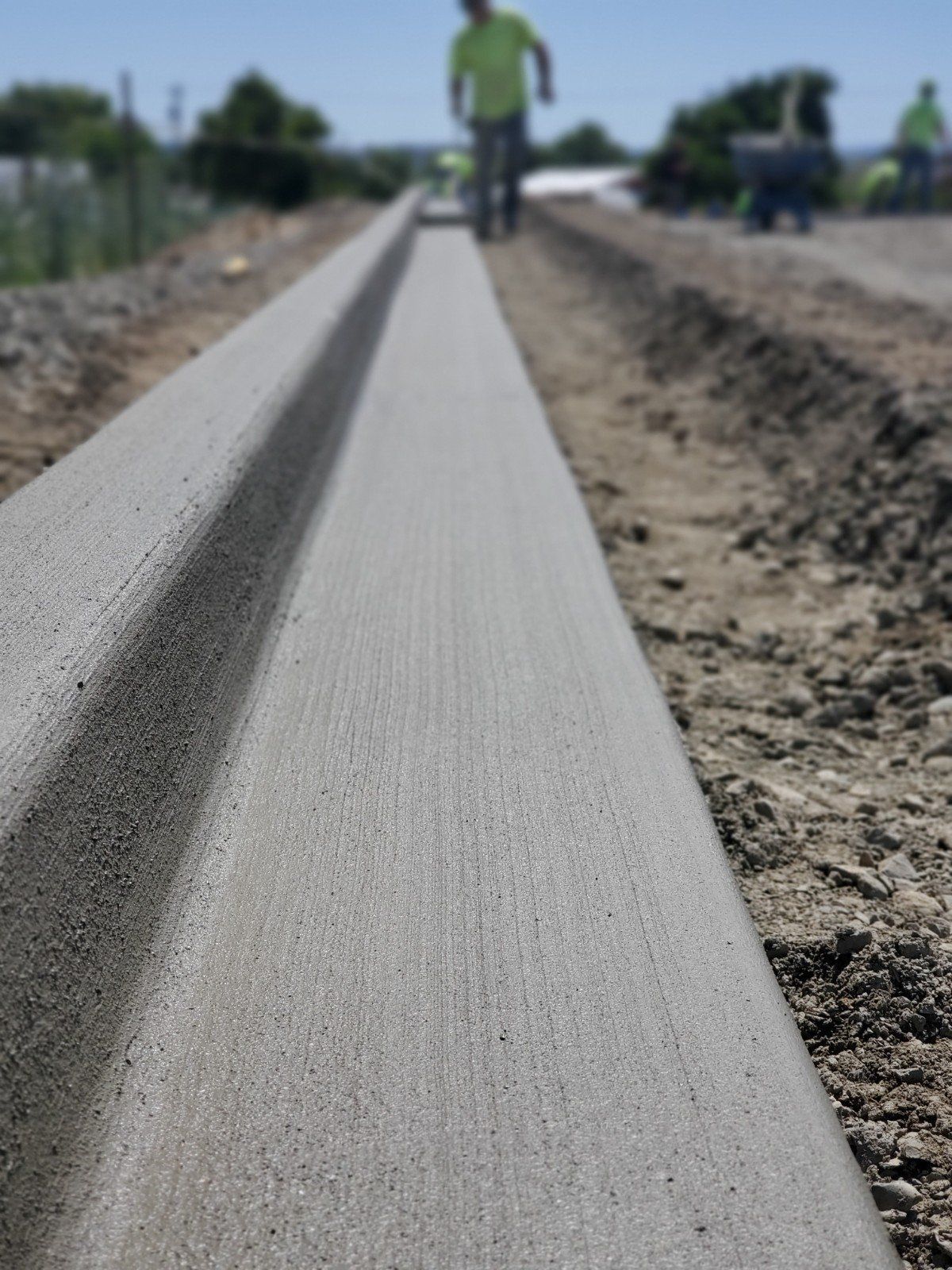
By Knox Concrete
•
March 17, 2022
Fun Facts about Concrete Did you know..... Concrete was used to build the Pantheon in Rome Woodward Avenue in Greenfield Township was the first concrete road constructed in 1909. One of the most commonly used material for underwater structures is concrete! Due to the fact that it's highly resistant to both water and fire. Thomas Edison was the first to construct a precast concrete home and live in it in 1917. The British Army used concrete to track enemy planes! The world's largest dam used 16 million cubic meters of cement to build. Three Gorges Dam in China. The World's largest concrete structure is the Grand Coulee Dam in Washington State with approx. 2,6420,603 cubic yards of concrete used. The Romans gave concrete its name. The Trump International Hotel/Tower is the world's tallest concrete building at 98 stories and a height of approximately 1378 feet tall.
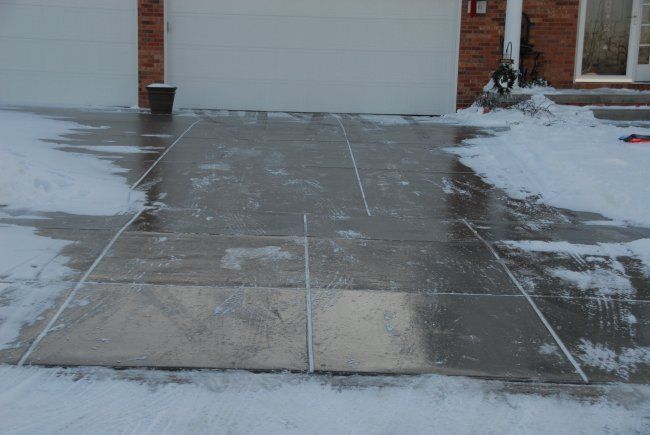
By Knox Concrete
•
March 17, 2022
Choosing the correct de-icer that will melt ice/snow and protect your concrete at the same time is so important and is right around the corner for that time of year. There are so many different types of ice melt and some that claim to be "concrete safe" that truly aren't as safe as others. Unfortunately, we don't find out they cause damage until it's too late. The best for concrete, which causes less damage than most on the market is calcium magnesium acetate (CMA). It is very effective for concrete and is biodegradable. CMA is more expensive than others, but in the long run, with no damage to your concrete, whether a regular finish or decorative, will save you in the end.
Knox Concrete, LLC © 2024

